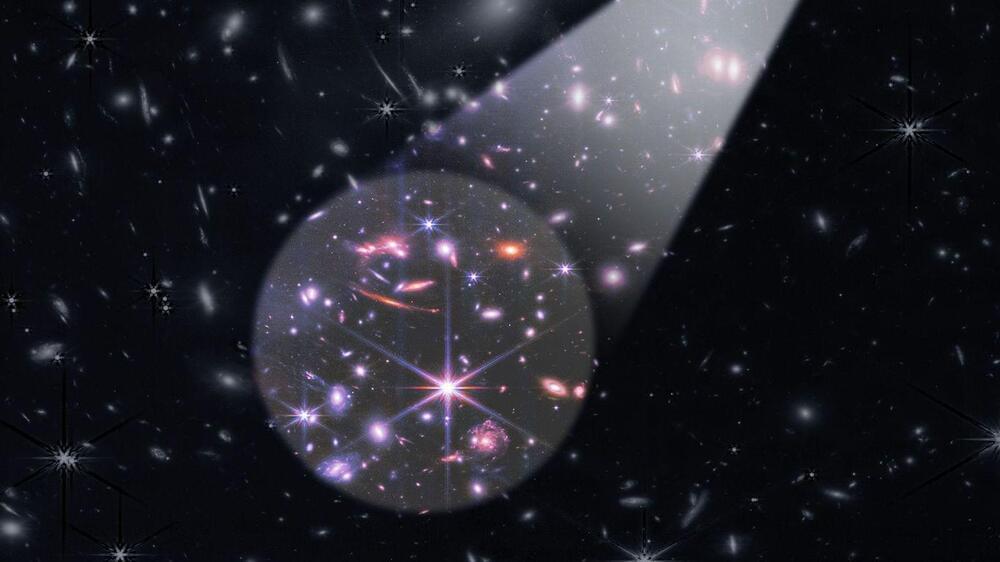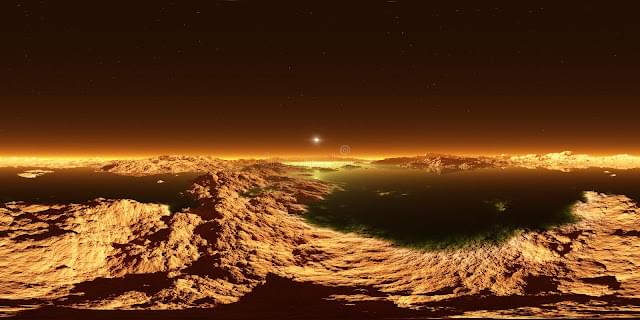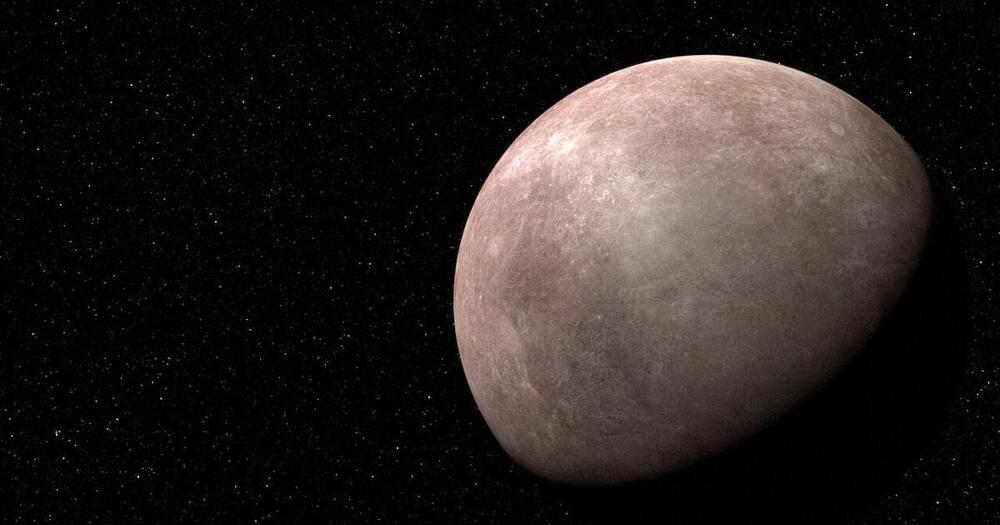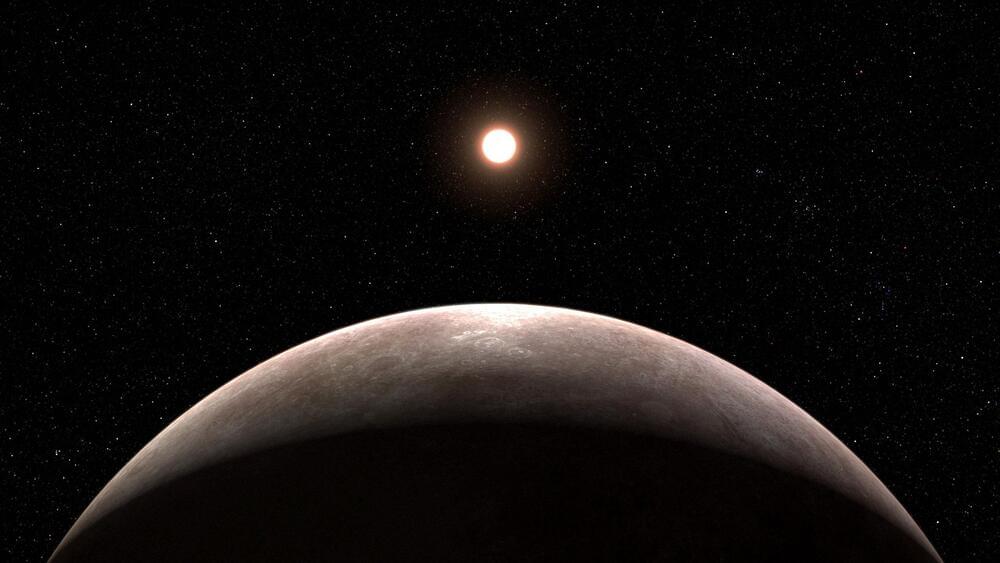We live in an era of renewed space exploration, where multiple agencies are planning to send astronauts to the Moon in the coming years. This will be followed in the next decade with crewed missions to Mars by NASA and China, who may be joined by other nations before long. These and other missions that will take astronauts beyond Low Earth Orbit (LEO) and the Earth-Moon system require new technologies, ranging from life support and radiation shielding to power and propulsion. And when it comes to the latter, Nuclear Thermal and Nuclear Electric Propulsion (NTP/NEP) is a top contender!
NASA and the Soviet space program spent decades researching nuclear propulsion during the Space Race. A few years ago, NASA reignited its nuclear program for the purpose of developing bimodal nuclear propulsion – a two-part system consisting of an NTP and NEP element – that could enable transits to Mars in 100 days. As part of the NASA Innovative Advanced Concepts (NIAC) program for 2023, NASA selected a nuclear concept for Phase I development. This new class of bimodal nuclear propulsion system uses a “wave rotor topping cycle” and could reduce transit times to Mars to just 45 days.
The proposal, titled “Bimodal NTP/NEP with a Wave Rotor Topping Cycle,” was put forward by Prof. Ryan Gosse, the Hypersonics Program Area Lead at the University of Florida and a member of the Florida Applied Research in Engineering (FLARE) team. Gosse’s proposal is one of 14 selected by the NAIC this year for Phase I development, which includes a $12,500 grant to assist in maturing the technology and methods involved. Other proposals included innovative sensors, instruments, manufacturing techniques, power systems, and more.





